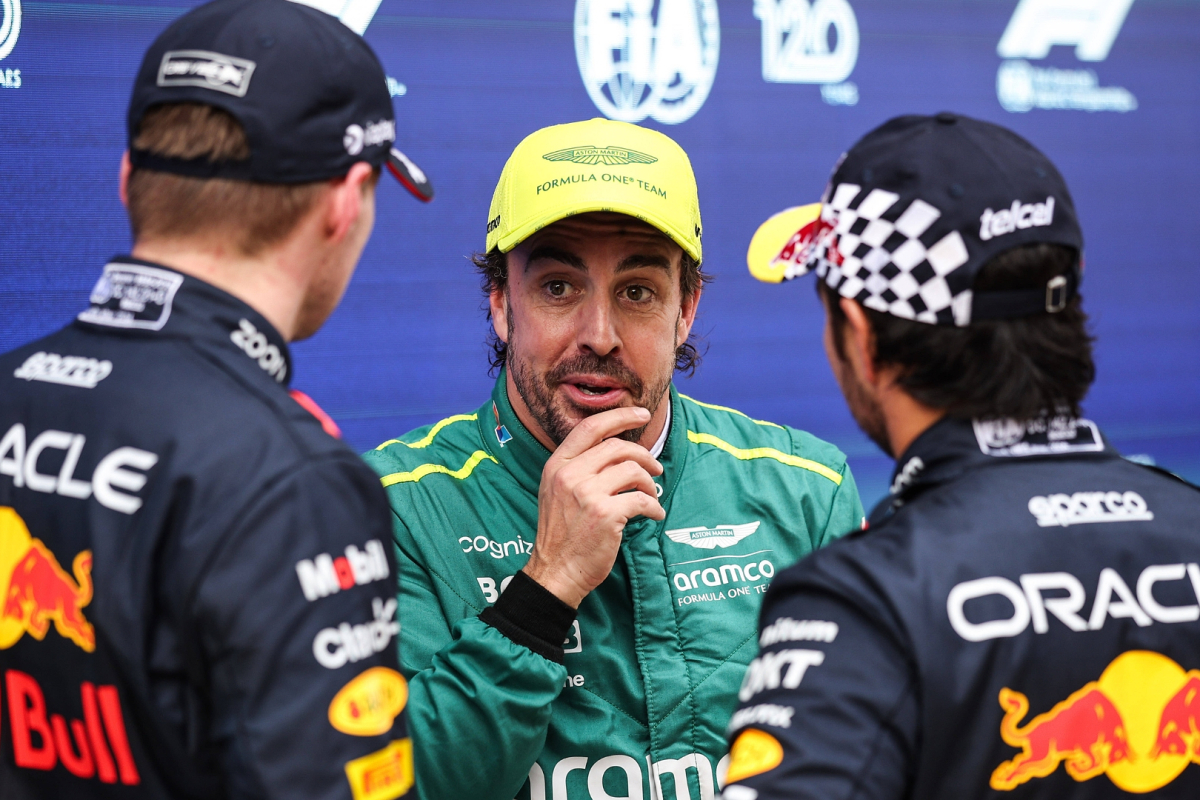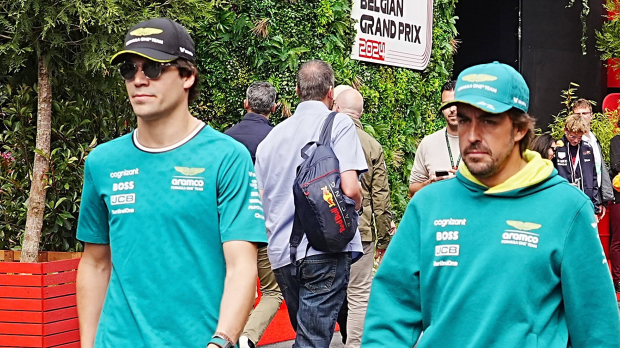Latest News

Sebastian Vettel
F1 legend Sebastian Vettel delivers POWERFUL message
- 35 minutes ago

F1 2025
F1 Penalty Points 2025: Race ban looms as stars under pressure ahead of Belgian GP
- 1 hour ago

F1 Today
F1 News Today: Red Bull chief reveals ‘intensive’ driver talks as team open up on Daniel Ricciardo U-turn
- 2 hours ago

FIA
FIA officially confirm new British champion
- Today 13:59

F1 News & Gossip
Mick Schumacher confirms 'very positive' talks over STUNNING F1 return
- Today 12:57

F1 News Today
F1 News Today: Wolff and Horner partnership plan revealed as Hamilton 'could quit Ferrari' over key personnel change
- Today 12:11
Most read

500.000+ views
FIA issue Lando Norris disqualification verdict at Austrian Grand Prix
- 29 june

250.000+ views
F1 News Today: Verstappen Red Bull era ENDS as rivals announce major contract for star driver
- 13 july

250.000+ views
F1 News Today: Austrian Grand Prix race result confirmed as FIA issue Lando Norris disqualification verdict
- 1 july

250.000+ views
Oscar Piastri signs mid-season contract... but not with McLaren
- 14 july

200.000+ views
Toto Wolff takes over Christian Horner F1 role after Red Bull exit
- 12 july

200.000+ views
Lewis Hamilton disqualification proves McLaren are real deal at Austrian Grand Prix
- 1 july


























 Grand Prix of Australia 2025
Grand Prix of Australia 2025  Grand Prix of China 2025
Grand Prix of China 2025  Grand Prix of Japan 2025
Grand Prix of Japan 2025  Grand Prix of Bahrain 2025
Grand Prix of Bahrain 2025  Saudi Arabian Grand Prix 2025
Saudi Arabian Grand Prix 2025  Grand Prix De Monaco 2025
Grand Prix De Monaco 2025  Gran Premio de España 2025
Gran Premio de España 2025  Grand Prix du Canada 2025
Grand Prix du Canada 2025  Grand Prix of Austria 2025
Grand Prix of Austria 2025  Grand Prix of Belgium 2025
Grand Prix of Belgium 2025  Grand Prix of Hungary 2025
Grand Prix of Hungary 2025  Grand Prix of Azerbaijan 2025
Grand Prix of Azerbaijan 2025  Grand Prix of Singapore 2025
Grand Prix of Singapore 2025  Gran Premio de la Ciudad de Mexico 2025
Gran Premio de la Ciudad de Mexico 2025  Grande Prêmio de São Paulo 2025
Grande Prêmio de São Paulo 2025  Qatar Grand Prix 2025
Qatar Grand Prix 2025  Grand Prix of Abu Dhabi 2025
Grand Prix of Abu Dhabi 2025 